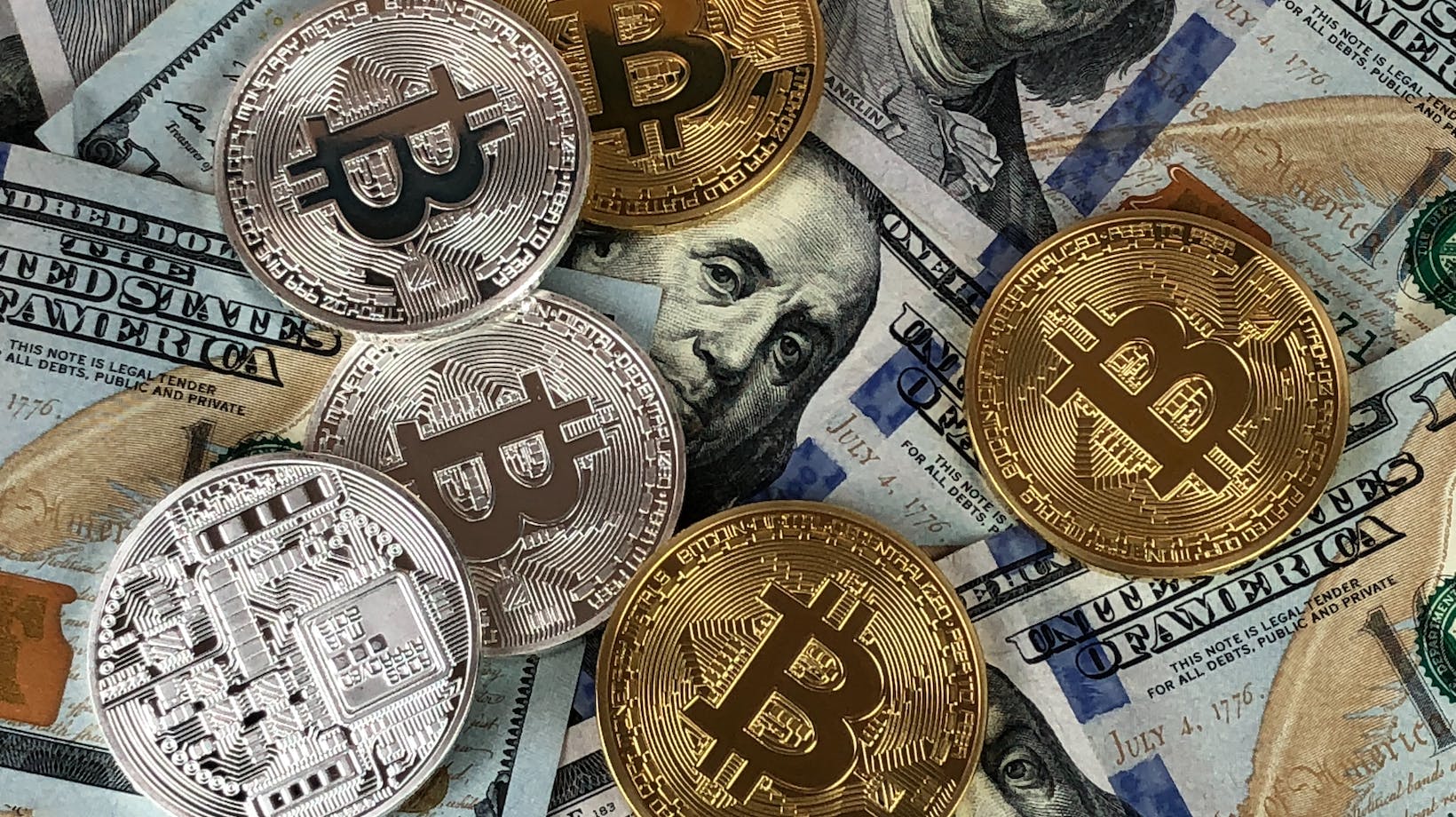After Bitcoin’s rally to a yearly high of almost $38,000, the world of crypto is now flooded by a new wave of enthusiasm and optimism prompted by the election of the first pro-crypto president in Argentina. On Sunday, 19th November, far-right libertarian Javier Milei won the presidential runoff after defeating his rival, Argentina’s Economy Minister Sergio Massa, with an impressive 55% of the votes in his favor.
Given that Milei is a longtime crypto supporter, known for his positive views on digital assets and the harsh criticism of central banking systems, the news of his victory has made the rounds in cryptocurrency circles, giving crypto proponents a reason to rejoice. This also proves that the conversation surrounding crypto assets has evolved considerably in recent times. If a few years ago, discussions revolved around topics like price fluctuations, the risks related to crypto trading and investing or how to Purchase Bitcoin p2p, these days the focus has shifted towards more complex issues related to the regulatory landscape for crypto, the race towards mainstream adoption and other similar themes.
Milei’s stance on crypto
Milei’s victory over fellow contender Sergio Massa thrusted cryptocurrencies into the glare of the global spotlight. The market is known to react swiftly to any development that could influence the trajectory of crypto assets, and that’s exactly what happened in the aftermath of Argentina’s presidential race.
Shortly after Javier Milei was declared the winner of the runoff election, Bitcoin experienced a significant increase of almost 3%, reaching $37,350. The excitement spurred by the news didn’t last long and the price dipped slightly under the $37K in the following days. At the time of writing, Bitcoin was trading at $36,692.
Nevertheless, the election of Javier Milei as Argentina’s president is regarded by many crypto supporters as a positive development. The far-right libertarian has been quite outspoken in his criticism of the country’s central bank, which he labelled as a scam and a mechanism of deception employed by politicians. Milei also earned a name for himself as a Bitcoin advocate after declaring that the flagship crypto provides a means of returning money to the private sector.

Argentina’s economy is in a dire state at the moment, being crippled by a high inflation rate which has recently surpassed 100% and debt, so changes in fiscal policies have served as one of the main talking points in Milei’s presidential campaign. But even if Milei has praised digital assets for the benefits they offer and seems to be set on implementing drastic measures to get the country’s economy back on track, crypto isn’t mentioned in any of the policies he has presented so far.
Despite comparisons with Salvadorian president Nayib Bukele, there are no indications that Milei could follow in his footsteps and declare Bitcoin as a legal tender in Argentina. One of the solutions proposed by the self-declared anarcho-capitalist to fight inflation is the dollarization of Argentina by 2025. Other controversial measures he has proposed include the free sale of firearms and human organs.
This raises questions about how crypto-friendly is Javier Milei in reality. While many harbor high hopes regarding crypto’s future role in the Argentinian economy, others are not so easily swayed by the so-called pro-crypto views of the newly-elected Argentine president. In fact, many believe that Milei’s political ideologies come in direct contradiction with crypto’s core concepts.
While Milei is an advocate of the Austrian School of Economics whose ideology aligns with the ideas circulating in the cryptocurrency community, his plan to use dollarization as a weapon against rising inflation goes against everything crypto stands for. Digital currencies rose to fame as a financial tool precisely because they provide an alternative to fiat money and allow people to challenge governments’ monopoly on money. Moreover, whenever Milei was asked about the possibility of adopting Bitcoin as a legal tender after the example set by El Salvador and the Central African Republic, he failed to provide a clear answer.
So, is Milei’s strong stance against central banks enough to paint him as a major crypto supporter? Only time will tell if Argentina’s new president will show any love towards digital currencies during his presidential term or if his appreciation for crypto will fade away.
Crypto – a major talking point in political circles
Milei’s electoral win is not the only political event where crypto was part of the conversation. Several other political figures have expressed their thoughts on digital currencies and even included crypto in their campaigns.
In the United States, democratic candidate for president Robert F. Kennedy Jr is a vocal supporter of Bitcoin, having confirmed that he owns a considerable amount of Bitcoin, although he previously denied crypto ownership. Moreover, he debuted his presidential campaign at a cryptocurrency conference in Miami. NYC and Miami mayors have entered a race to turn their cities into major crypto hubs in the United States.

On the other side of the coin, there are also plenty of voices in the political sphere who oppose crypto adoption. Massachusetts Democrat Elizabeth Warren has been leading an anti-crypto campaign for some time now and many other politicians are taking a similar stance, warning the population about the risks that crypto implies.
In the end, whether they receive support or criticism, digital currencies continue to gain ground in politics and that can only mean that their popularity is growing. The fact that many countries are considering the possibility of developing their own versions of digital currencies shows just how far crypto has come since its early days.
Final considerations
The news of Javier Milei’s election as president of Argentina has certainly made some waves in the crypto space given his pro-crypto views. However, as analysts point out, it might be a bit too early to make any assumptions about Bitcoin becoming a legal tender in the country since Milei hasn’t expressed any intentions in this respect. Those who hope for major transformations regarding Bitcoin’s role in Argentina’s financial system might have to manage their expectations and practice patience in the future.


 By
By 





